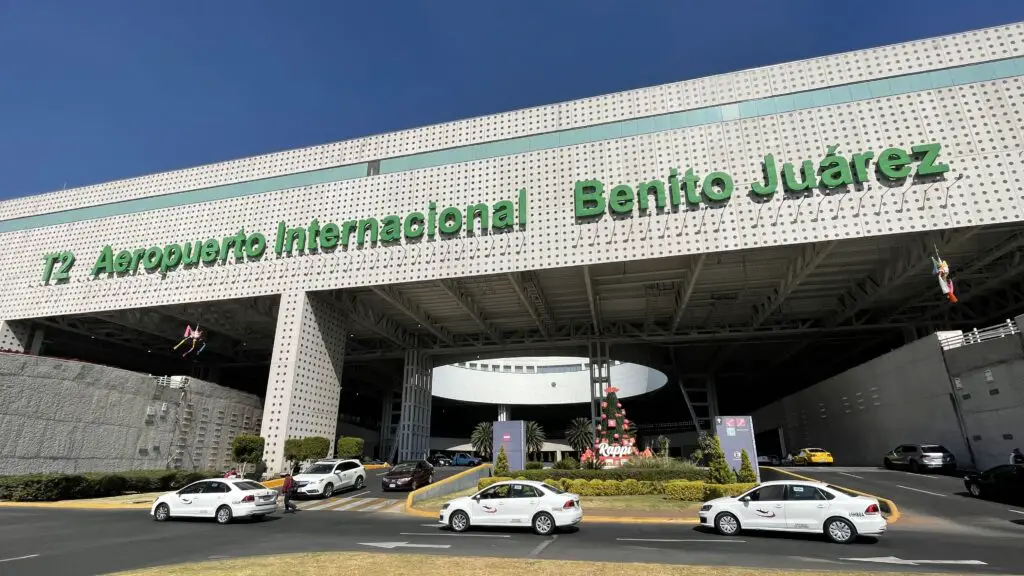It’s official: the Mexican government finally published yesterday afternoon the decree making official the suspension of air cargo operations at Mexico City’s Benito Juárez International Airport (known as AICM).
The text states that «the Mexico City International Airport is closed for the operations of concessionaires and permit holders who provide national and international regular and non-scheduled air transport services to the public, exclusively for cargo».
It also clarifies that «concessionaires and permit holders providing combined passenger and cargo services are exempted, provided that the cargo is transported on the same aircraft as the passengers».
As confirmed by the document, and as had been assumed in recent days, airlines will have 108 working days to move their services to Felipe Ángeles International Airport (known as AIFA).
On 17 January, the Comisión Nacional de Mejora Regulatoria (CONAMER) had issued a decree for the transfer of operations to the capital city’s new airport, inaugurated in March 2022.
Andrés Manuel López Obrador, Mexico’s president, confirmed that same week that he would seek to carry out the measure. He cited congestion at the AICM as the main reason. However, he assured that it would only be implemented based on a consensus among all parties involved.
On 24 January, the president commented in his daily morning conference that DHL would become the first foreign operator to relocate its operations. According to his statements, the first service will take place in late February or early March. In addition, he assured that he would be present to welcome the company to the new airport.
The controversy surrounding the deadline
In its fifth article, the decree published yesterday establishes that airlines will have a maximum period of 108 working days to move operations from its entry into force, the day after its publication in the Diario Oficial de la Federación (Official Journal of the Federation). However, different industry players had expressed their opposition to this.
The Cámara Nacional de Aerotransportes (CANAERO), which represents more than sixty national and international airlines and other air service providers in the country, had assured that the industry would require a minimum of 360 calendar days to be able to complete the migration «under the same technical and operational conditions that currently exist in the AIFA».
For its part, the International Air Transport Association (IATA) had proposed an adaptation period of 180 days. The organisation said that AIFA is not yet ready to receive the operations, as it lacks the necessary cargo warehouses and even customs agents.














